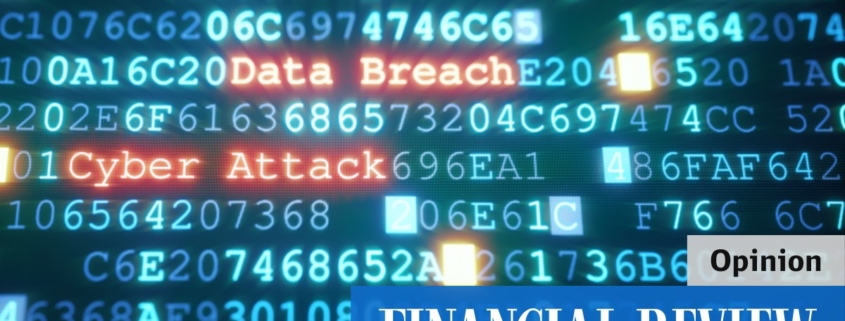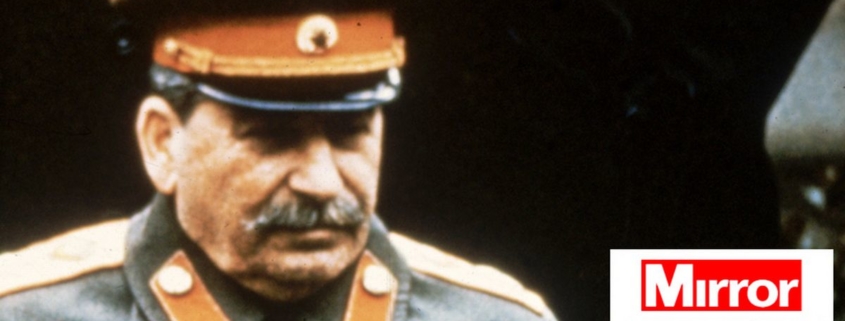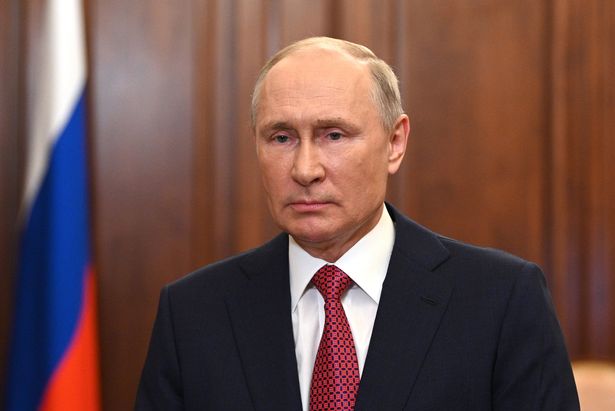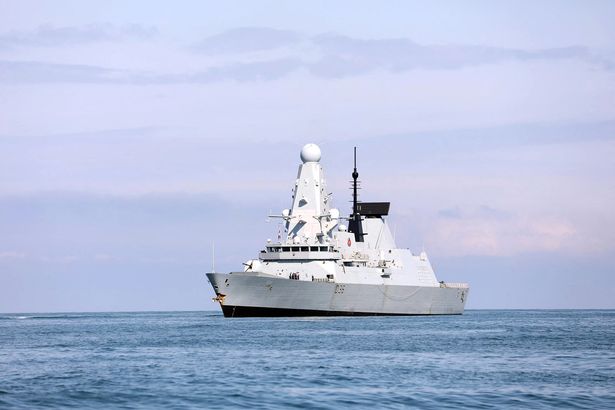The New Cold War Could Soon Heat Up
In the ten weeks since Russia began its assault on Ukraine, tensions between Russia and Western countries have been greater than at any point since the Cuban missile crisis. U.S. President Joe Biden has accused Russian President Vladimir Putin, leader of a nuclear-armed superpower, of carrying out a “genocide,” called him a “war criminal,” and stated that he “cannot remain in power.” According to U.S. Secretary of Defense Lloyd Austin, the United States now seeks to “weaken Russia” to the point that it can no longer threaten its neighbors. Liz Truss, the British Foreign Secretary, has called the war in Ukraine “our war.”
Other European leaders have been more cautious in their choice of words but just as clear in their opposition to Russian aggression. “Atrocious. Unbelievable. Shocking,” European Commission President Ursula von der Leyen said after visiting the town of Bucha in early April. The conflict has put EU members on military high alert and dramatically underlined the dangers of European energy dependence on Russia. Complacency about Putin’s willingness to use force and weaponize trade has vanished, as has reluctance to welcome Ukraine into the European Union. NATO has deployed thousands of new troops near Russia’s borders, and the alliance will likely soon add Finland and Sweden to its ranks.
Russian leaders, meanwhile, have dramatically shifted their framing of the war—from a limited “special operation” to “liberate” parts of eastern Ukraine to an all-out existential struggle against NATO. Putin has accused the United States and others of trying to “destroy Russia from within,” and on multiple occasions, Russian leaders have threatened to deploy nuclear weapons against any country that dares intervene in the conflict.
Taken together, these developments constitute a dangerous new reality. Gone are the days when Russia’s war aims consisted solely of “de-Nazifying and demilitarizing” Ukraine. Also gone are the days when U.S. and allied governments limited their involvement to helping Ukraine defend its sovereignty and territorial integrity. Leaders on both sides of the conflict have now crossed a series of lines that…






